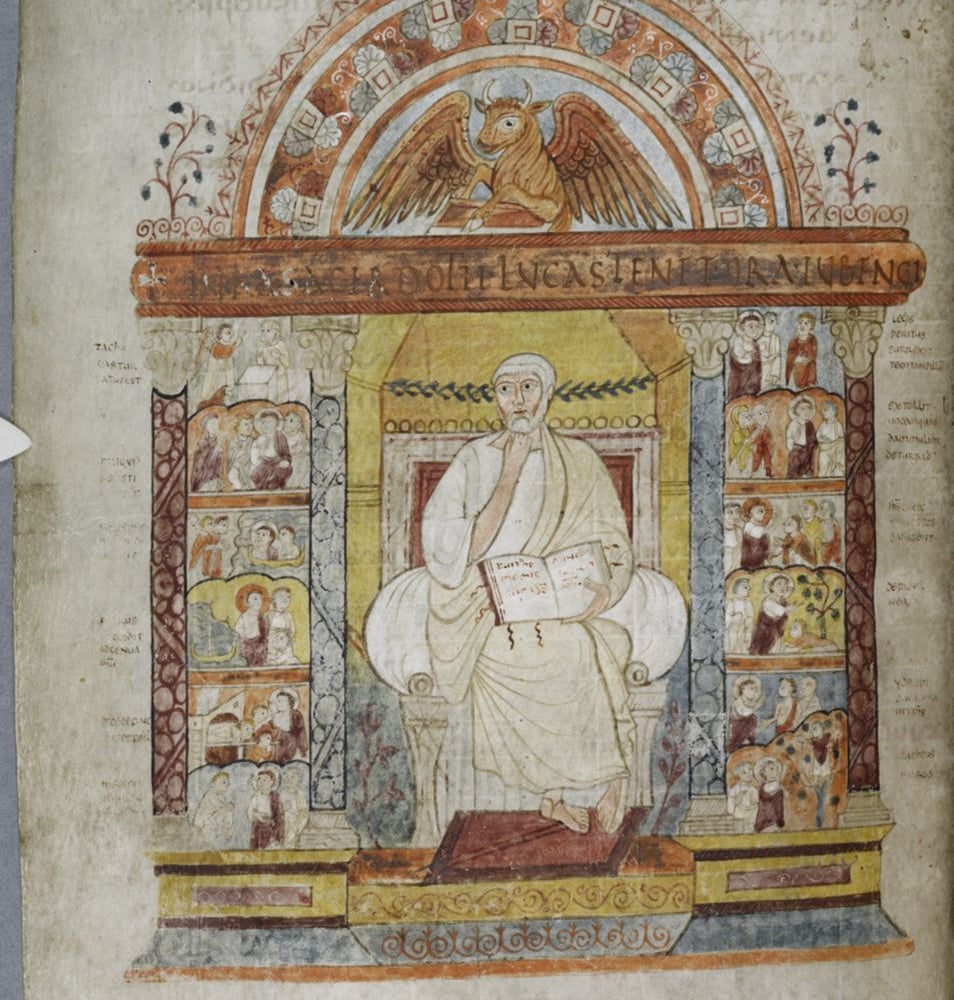
Three UK archives awarded UNESCO status
UK National Commission for UNESCO – April 27, 2023
12 min read

Read the press release
In 1993, The United Nations Educational, Scientific and Cultural Organization (UNESCO) initiated the UNESCO Memory of the World Programme – a register of significant documents from across the globe, catalogued for future generations to learn from and enjoy. Inscription on the register publicly affirms the significance of the documents and archives, raises their profile and promotes greater access to them, thereby facilitating research, education and preservation over time. These examples of documentary heritage are selected for the register due to their global significance and outstanding universal value.
The UK collection includes historical documents such as the Bill of Rights, the Magna Carta as well as entire documentary archives like the Commonwealth War Grave Archive and the George Orwell archive. Alongside some of this more well-known documentary history in the UK, the Programme also has a responsibility to champion lesser-known but uniquely important collections and make them understood in terms of national significance. The aim is to represent UK society as broadly as possible through cultural heritage.
This week, we are delighted to announce that the UK Memory of the World Committee has endorsed the inclusion of three significant archives which will join the wealth of national material already on the prestigious UK register.
The ‘inscription’ onto the UK Memory of the World Register of these significant examples of UK documentary heritage highlights the critical importance of their survival and accessibility, and of UNESCO’s commitment to their preservation. The three new inscriptions are:
UK Wildlife Filmmaking Oral Histories Collection
The Wildlife Filmmaking Oral Histories Collection is a series of oral history video interviews and transcripts with wildlife film makers which were recorded between 1998-2011. Britain holds a unique place in the history of wildlife documentaries and the development of this specialism, along with the careers of the individuals who helped pioneer it, are recorded. The recordings capture unique technical details and biographical information which demonstrate the fascinating narrative of wildlife documentary making in the UK. The committee concluded that the oral histories represent a unique and significant piece of national documentary heritage and should be inscribed on the register.
The collection is held by the University of Bristol Archives (link).
The Augustine Gospels
The Augustine Gospels provide a tangible connection to the earliest days of the Anglo-Saxon church in Britain. Created in the late 6th Century in Italy, it is reputed to have been sent with St Augustine on a mission from Pope Gregory the Great to convert the English. The text contains the four gospels, and, at the instruction of Pope Gregory, was illustrated specifically to accommodate those who couldn’t read. It has been in continuous use for more than a millennium and will be one of the oldest items inscribed on the Memory of the World UK Register. It was agreed by the committee that the because of the Gospels’ age, its early use of illustrations for teaching, and the bibliographic impact it had on later scripture, it is fundamentally significant to British heritage.
It is held by the Parker Library at Corpus Christi College, Cambridge (link).
Textus Roffensis collection of early English laws
Textus Roffensis is a collection of early English law codes preserved in a twelfth-century manuscript. It was compiled in the early 1120s by a monk at St Andrew’s Priory at Rochester Cathedral. Included among the unique texts is the earliest known set of English laws known as Æthelberht’s Code, dated to about 600 and from the Kingdom of Kent. It is also the earliest datable work of any genre composed in English vernacular. There are 35 early English law codes in the first half of the manuscript including laws by Alfred the Great, Æthelred ‘the Unready’, and William the Conqueror. The latest of these is the oldest surviving copy of the Coronation Charter of Henry I, the fourth son of William the Conqueror. Written in Latin, it spells out the responsibilities and limits of the King toward the Church and the king’s noblemen. As such, it has been interpreted as a precursor to Magna Carta of 1215.
Textus Roffensis has enormous significance as a well preserved example of early English legal codes, and includes the earliest datable English text. The committee had no reservations in approving the nomination.
It is held by Rochester Cathedral in Kent (link).
Laura Davies, UK Ambassador to UNESCO said;
“UNESCO’s Memory of the World Programme is the documentary equivalent of World Heritage Sites. The three new inscriptions further enrich this treasury of our most important archives. Thousand-year-old legal codes that contain some of the earliest use of the English language, a Gospel that has been in continuous use for over a millennium, and an audio archive recording the UK’s pioneering approach to wildlife documentary filmmaking: these are brilliant and diverse additions to an already internationally significant register. Archives tell us the story of us, for good and bad – it is critical that we preserve and ensure access to them.”
Rachel Hosker, Chair of UK Memory of the World Committee said;
“This year, the committee recognised the importance of continuing to reflect on wider society and what can represent the UK in terms of documentary heritage. With these inscriptions they tell us about the environment capturing the UK imagination to importance of law making that influenced systems within and beyond the UK to the continuous sacred heritage and memory items that are in use in the world today. We congratulate those being inscribed and also look forward to our next call and ask people to reflect on what would be representative UK documentary heritage to show people, community, life, culture and environment and tell our future generations about our past and present.”
Share this via…

